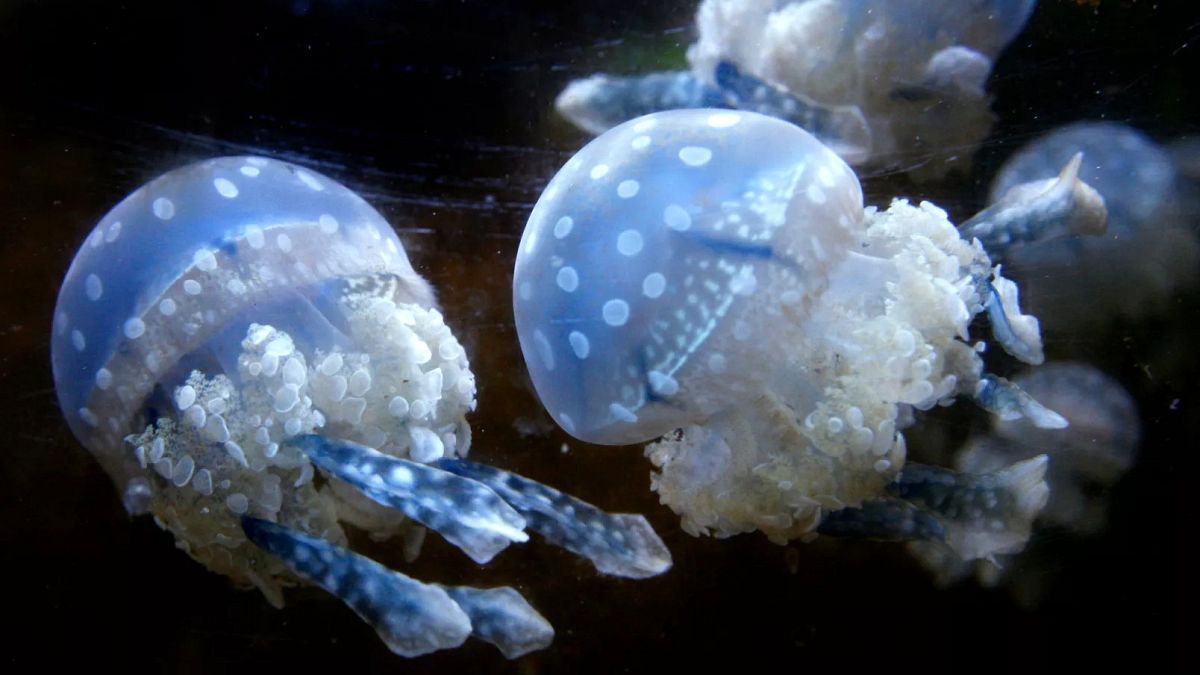Published on
Four reactors at France’s Gravelines nuclear power plant were forced to shut down late on Sunday after a surge of jellyfish clogged its cooling system, energy operator EDF confirmed on Monday.
The shutdown, which comes amid rising water temperatures linked to global warming, has temporarily halted all power generation at the site, as its remaining two units were already offline for scheduled maintenance.
Located on the northern coast between Dunkirk and Calais, Gravelines is one of France’s largest nuclear facilities, with six units capable of producing a combined 900 megawatts of electricity.
The plant is cooled through a canal connected to the North Sea, an area that has seen growing jellyfish populations in recent years due to warming seas and the spread of invasive species.
The Asian Moon jellyfish, an invasive species first detected in the North Sea in 2020, flourishes in calm, plankton-rich waters such as ports and canals, and has a history of causing disruptions at nuclear plants in China, Japan and India.
EDF has not confirmed whether this species was responsible for the latest incident.
According to EDF, reactors 2, 3 and 4 shut down automatically just before midnight after “massive and unpredictable” numbers of jellyfish filled the pumping station’s filter drums. Reactor 6 was taken offline a couple hours later.
The operator said the filter pumps were undamaged but needed cleaning before operations could resume.
EDF stressed that the incident posed no risk to the plant’s safety, staff or the environment and teams were working to restart the reactors as soon as possible.
The jellyfish involved are not considered dangerous to humans, as they lack a venomous sting.
Read the full article here


